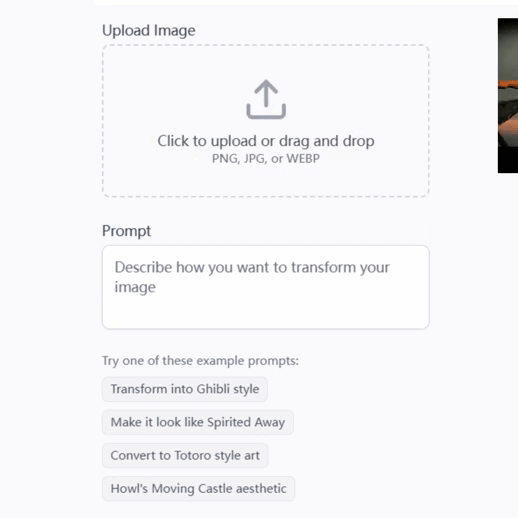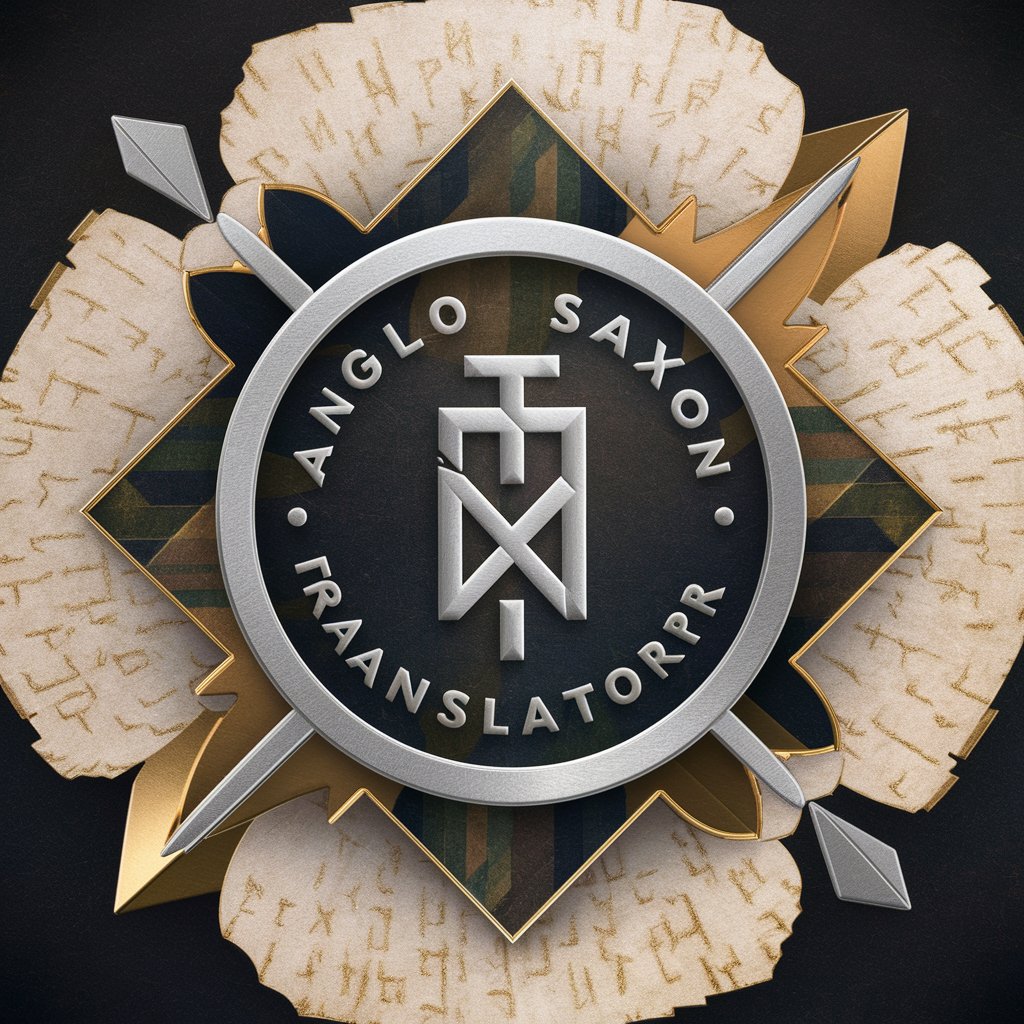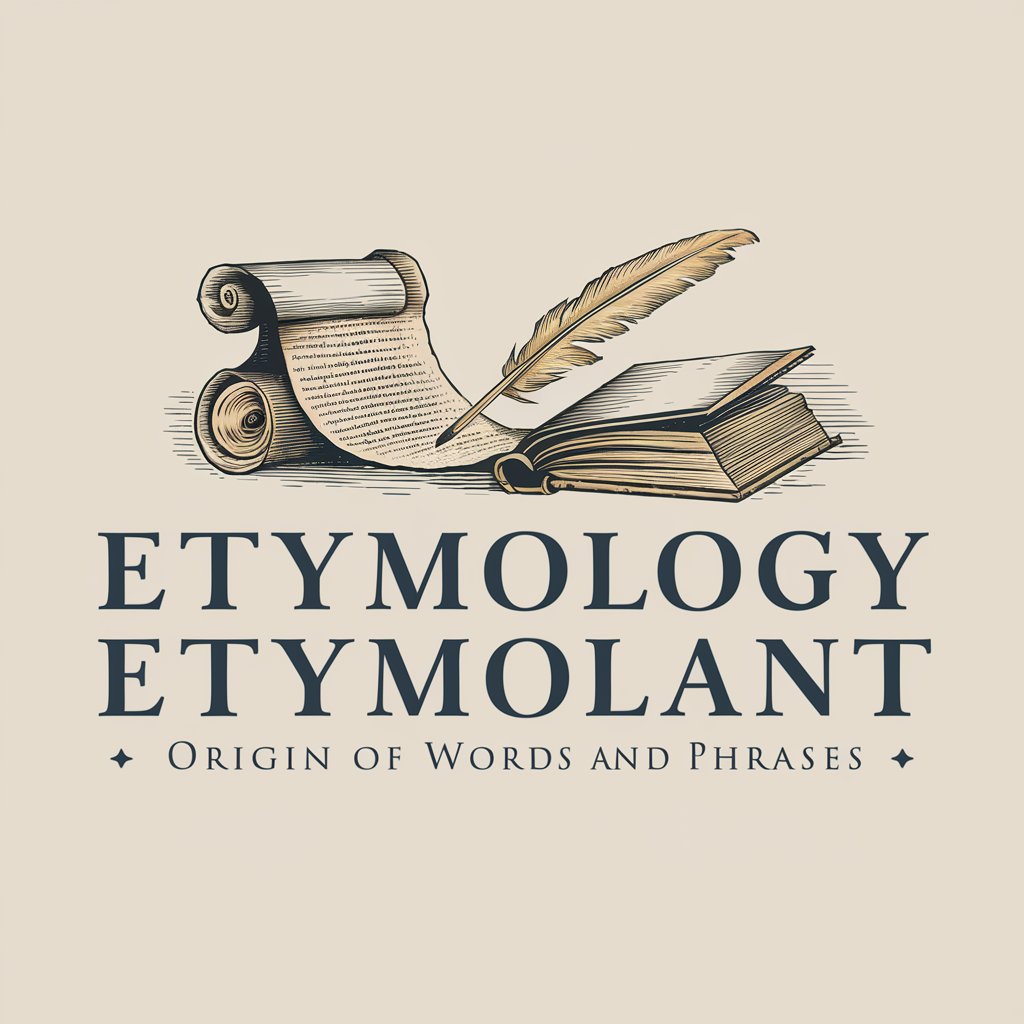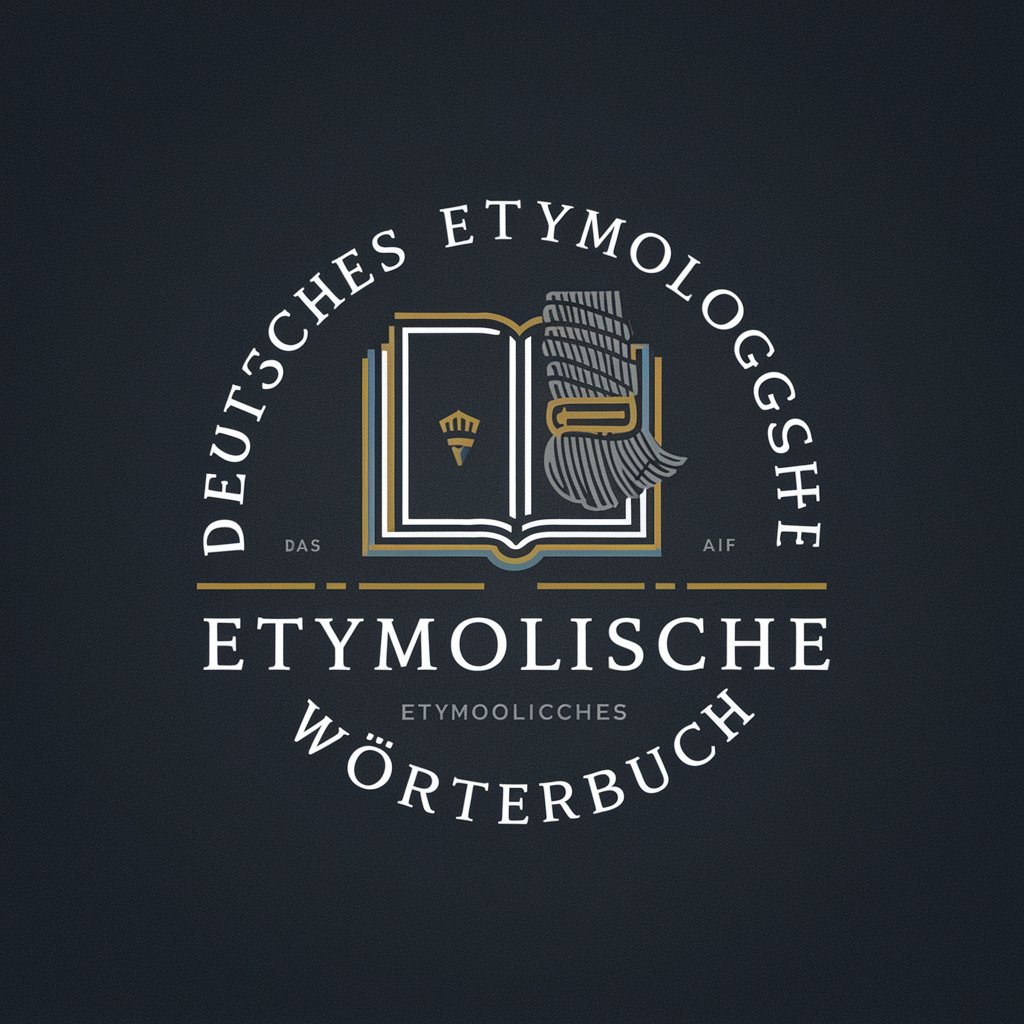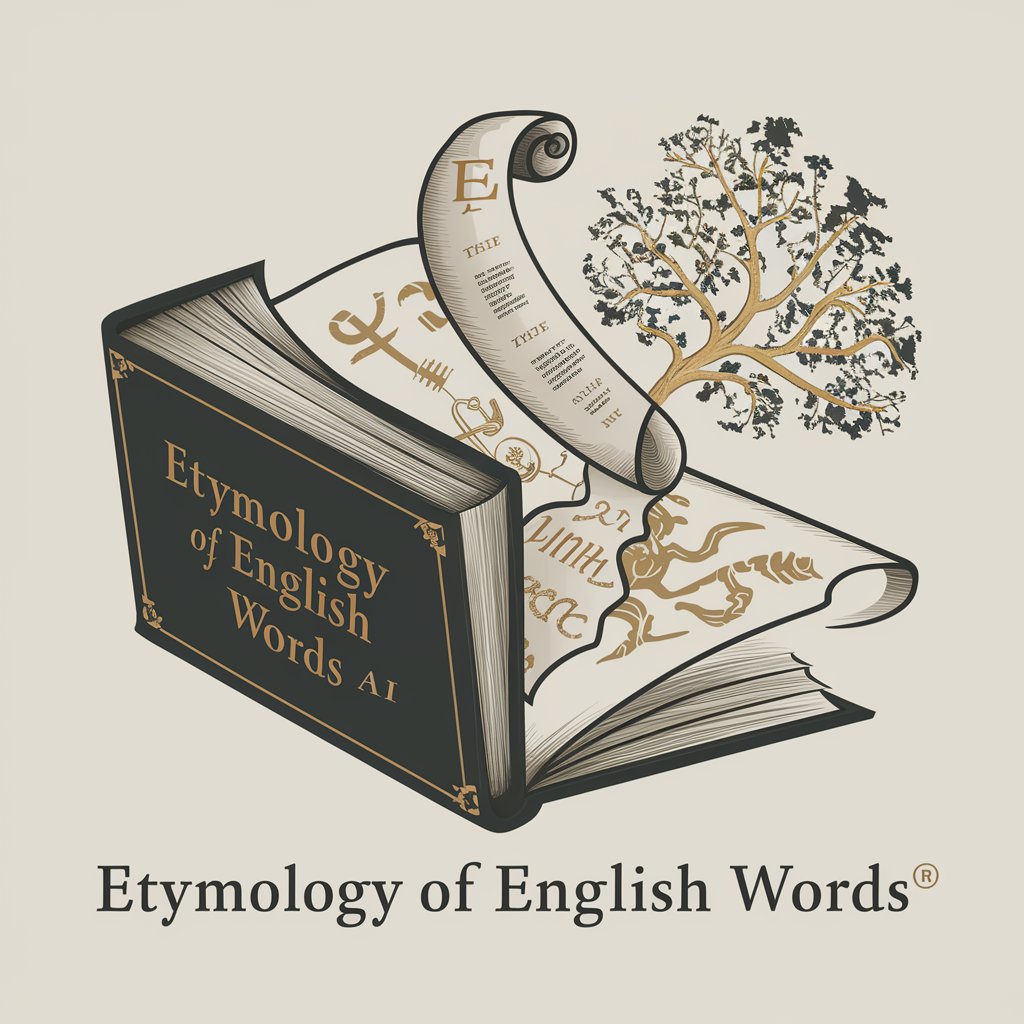
English Words, Viking Origin - Danish Influence Tracker
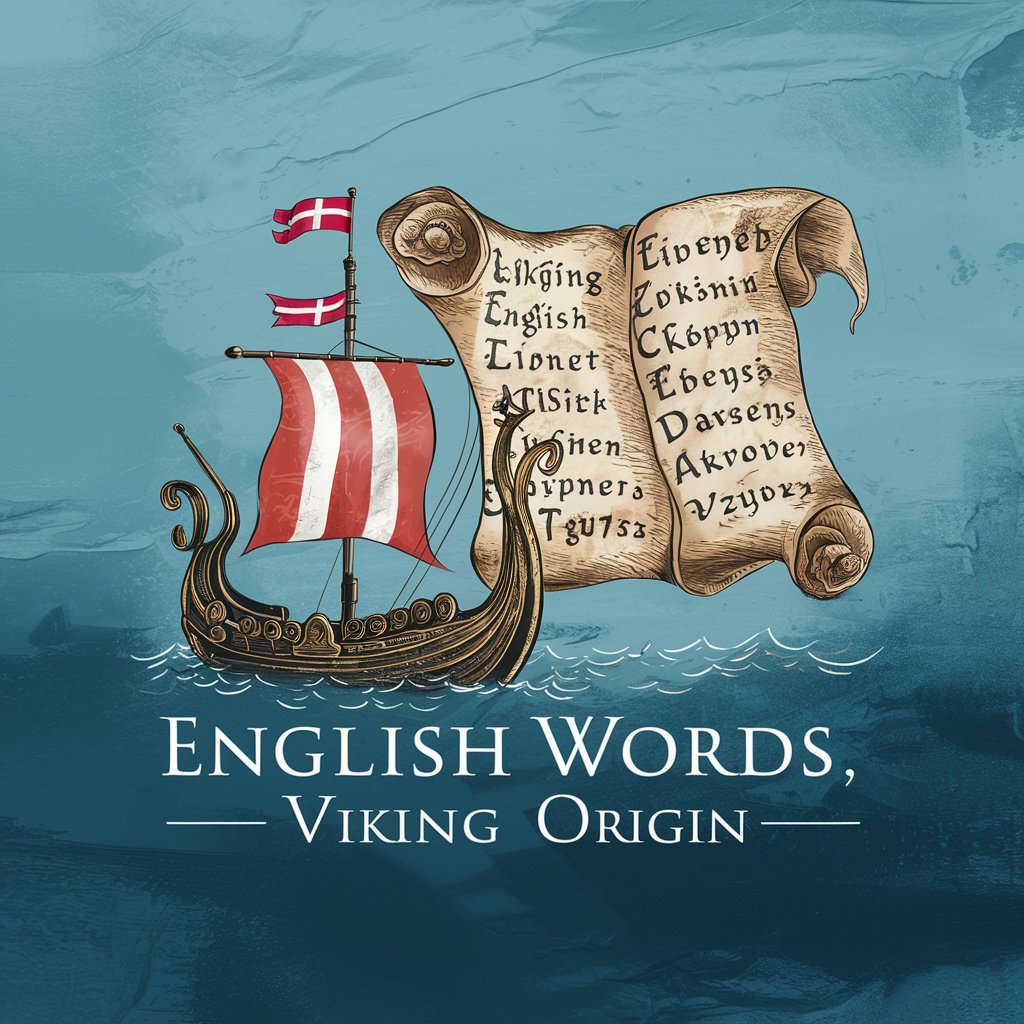
Hello! Let's explore the Danish roots of English words together.
Unraveling English’s Viking DNA
Can you explain the influence of Danish on the English word 'sky'?
What are some English place names with Danish origins?
How did Danish Vikings impact the English language?
Which common English words have Danish roots?
Get Embed Code
Overview of English Words, Viking Origin
English Words, Viking Origin is a specialized tool designed to explore and elucidate the impact of Danish influences on the English language. This includes a focus on words, phrases, and place names that originated from or were significantly influenced by Danish and other Norse languages during the Viking Age. This tool serves to provide historical and etymological insights into how these words evolved and became incorporated into modern English. For example, the word 'sky', which in modern English refers to the upper atmosphere, comes from the Old Norse word 'ský', meaning 'cloud'. This instance illustrates the transformation and adoption of a Norse term into everyday English vocabulary. Powered by ChatGPT-4o。

Core Functions of English Words, Viking Origin
Etymological Analysis
Example
The word 'window' originates from the Old Norse 'vindauga', which translates to 'wind eye'.
Scenario
A user studying the architectural terminology influenced by the Norse can use this tool to understand and explain the origin and historical context of terms like 'window'.
Educational Insight
Example
Exploring the origin of the word 'berserk', which comes from the Old Norse 'berserkr', meaning 'bear-shirt', historically referring to a fierce warrior.
Scenario
Educators can employ this tool in a classroom setting to enrich lessons on English vocabulary's historical evolution, particularly those words inherited from Norse languages.
Cultural Contextualization
Example
Analyzing the place name 'Grimsby', which incorporates the Old Norse personal name 'Grimr' and the suffix '-by', meaning 'village'.
Scenario
Historians or cultural enthusiasts researching English towns and cities with Viking origins use this tool to piece together the etymological roots and historical significance of place names.
Target Users of English Words, Viking Origin
Academics and Researchers
Scholars specializing in linguistics, medieval history, or cultural studies who require detailed analyses of the influence of Norse languages on English. This tool aids in providing accurate, scholarly vetted information crucial for academic research.
Educators and Students
Teachers and students at various educational levels might use this tool to supplement lessons in English language history, Viking history, or etymology. It serves as a resource for engaging with the historical narratives of English vocabulary development.
Language and History Enthusiasts
Individuals with a passion for history, particularly the Viking Age, or those fascinated by the evolution of languages. This tool offers an accessible way to explore these interests in depth, providing insights that are not readily available in standard textbooks or articles.

How to Use English Words, Viking Origin
Step 1
Go to yeschat.ai for an introductory free trial, no registration or ChatGPT Plus subscription required.
Step 2
Choose the 'English Words, Viking Origin' tool from the available options to start exploring the Danish influences on English.
Step 3
Enter your query in the provided text box. You can ask about the origin of specific words, phrases, or place names that have Danish roots.
Step 4
Use the tool's output to enhance your understanding for personal interest, academic research, or creative writing.
Step 5
Explore regularly to discover new insights and features updated based on the latest linguistic research.
Try other advanced and practical GPTs
Word Origin
Unravel Words with AI-Powered Insights
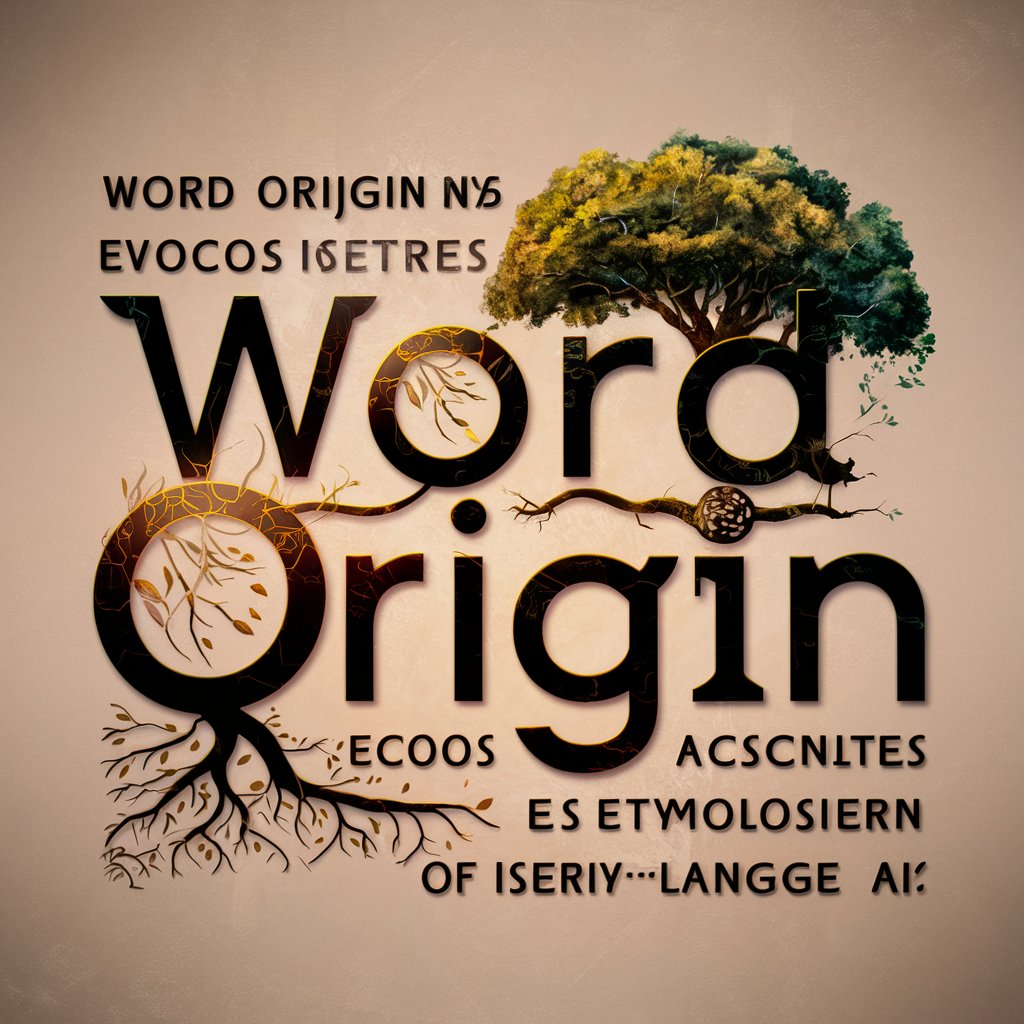
Name Origin Explorer
Discover Your Name's Story with AI
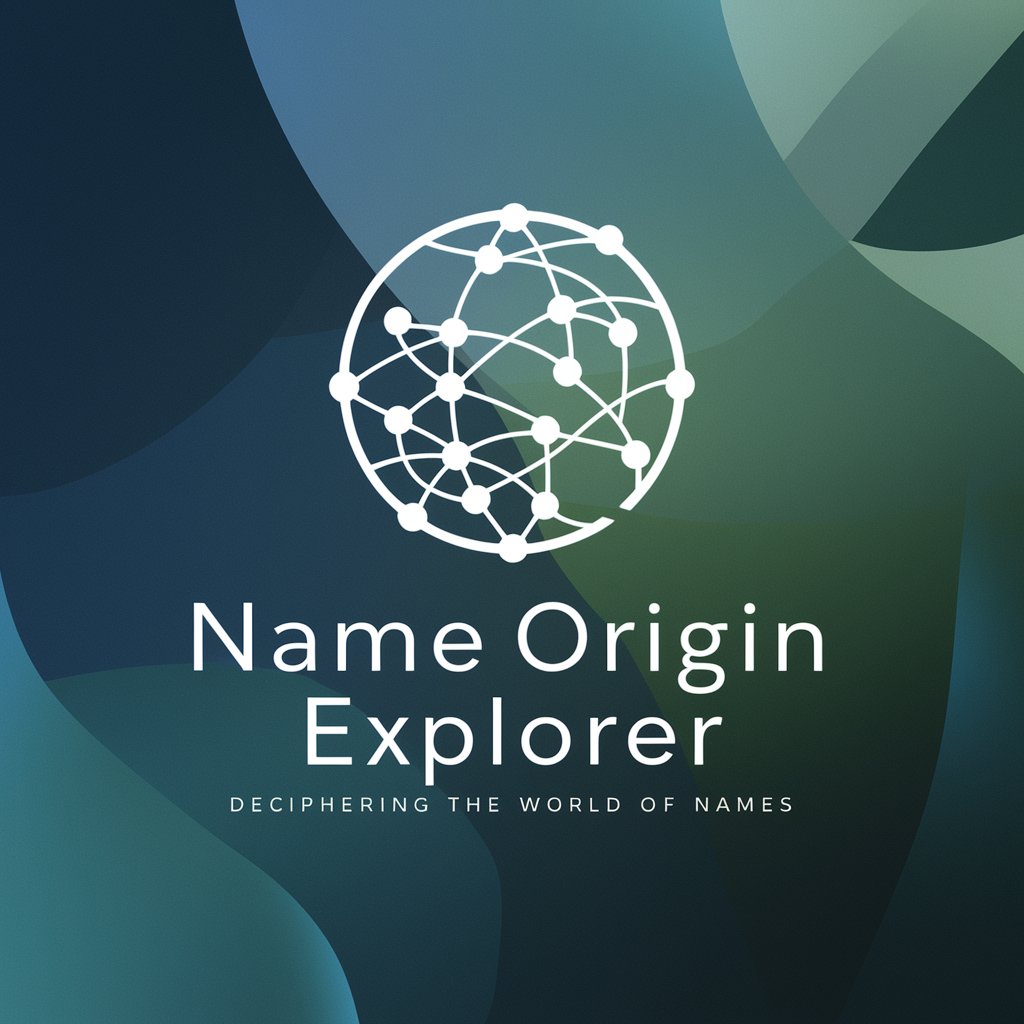
Word Origin GPT
Discover the roots of words with AI!
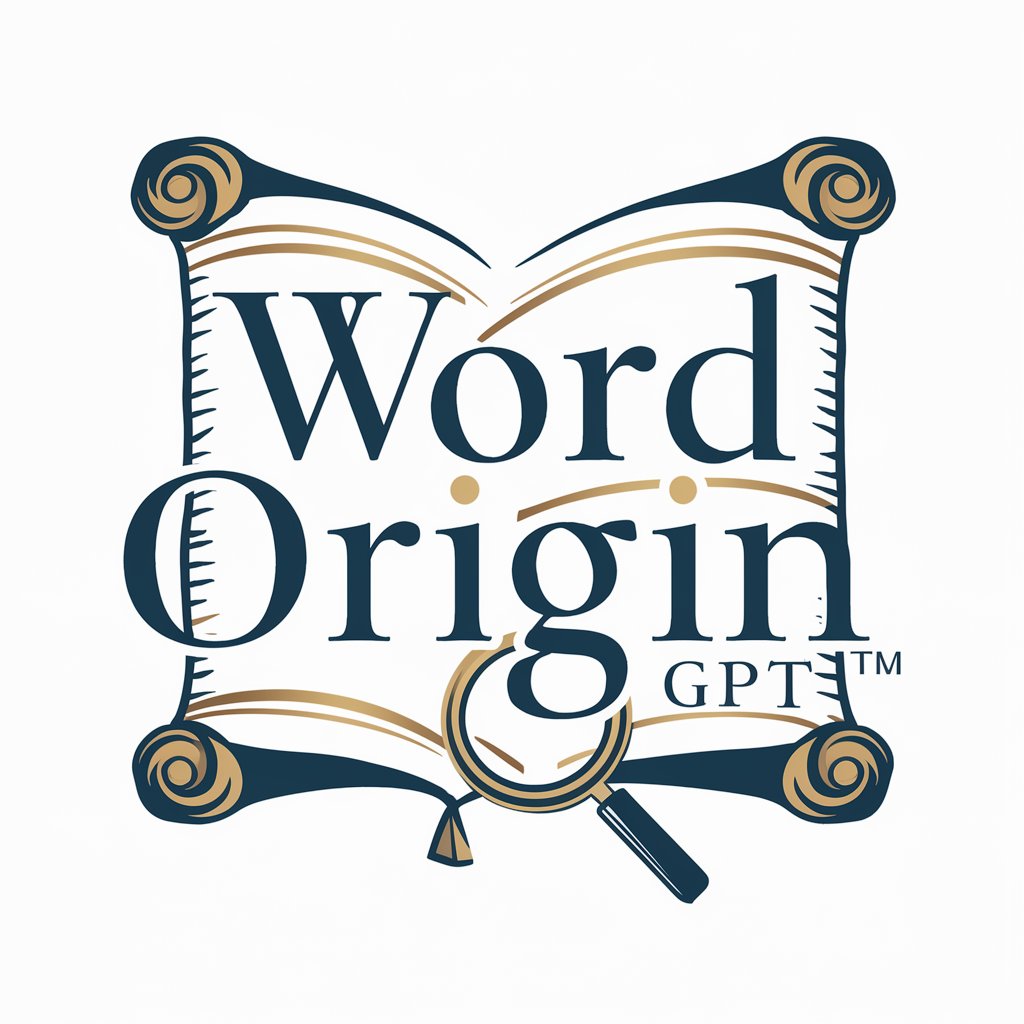
Game Dev Origin
Elevate Your Game with AI-Powered Development Insights

Text Origin Analyzer
Decipher Text Origins with AI Power

西方经济学刀哥
Your AI-powered guide to Western economics

Grant Guru
Empowering Nonprofits with AI-Powered Grant Writing

Grant & Proposal
Automating grant and proposal success.

Grant Guide
Powering Your Grant Success with AI

Grant Navigator
Unlocking Grants with AI
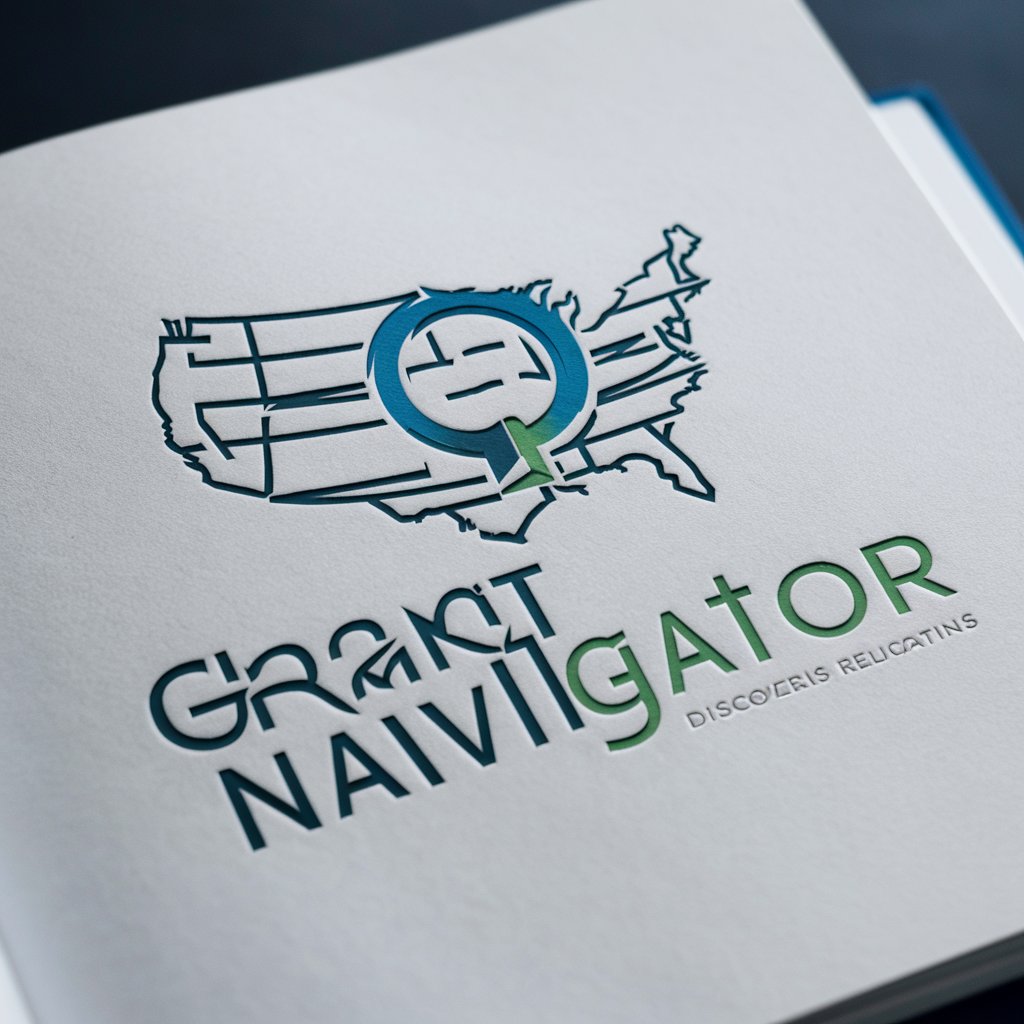
Objective Maker
Craft clear educational objectives effortlessly.

Objective Conflict Analyzer
Impartial AI-Powered Conflict Insights

Common Questions About English Words, Viking Origin
What are some common English words that originate from Danish?
English words with Danish origins include 'sky', 'egg', and 'knife'. These reflect the historical influence of the Vikings in England.
How can I identify if a word has Danish origins?
Words from Danish often appear in forms similar to Old Norse, reflecting the linguistic blend that occurred during the Viking Age in regions like East Anglia and the Danelaw.
Can this tool help with academic research?
Yes, students and scholars can use this tool to trace the etymology of English words back to Danish roots, supporting research in historical linguistics and cultural studies.
What are some challenges in tracing Danish origins in English?
Distinguishing between words derived from Danish as opposed to Old Norse or Old English can be difficult, as these languages were closely related and influenced each other extensively during the Viking Age.
Is this tool useful for writers?
Absolutely, writers interested in historically accurate language use, particularly in medieval or Viking contexts, will find this tool invaluable for choosing appropriate terms and phrases.
